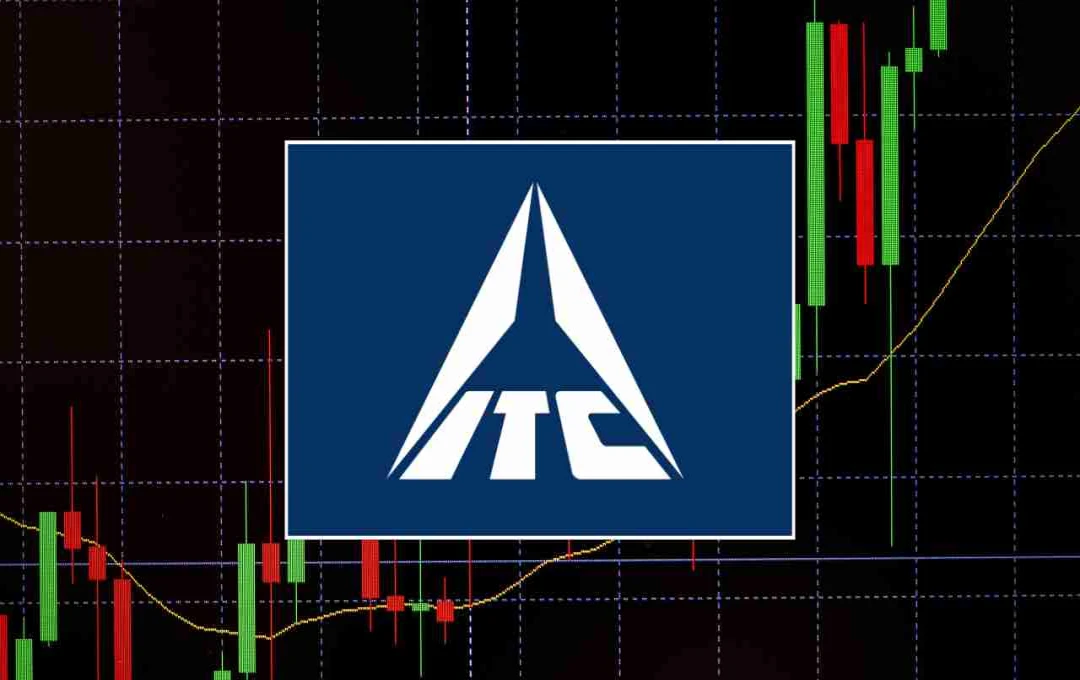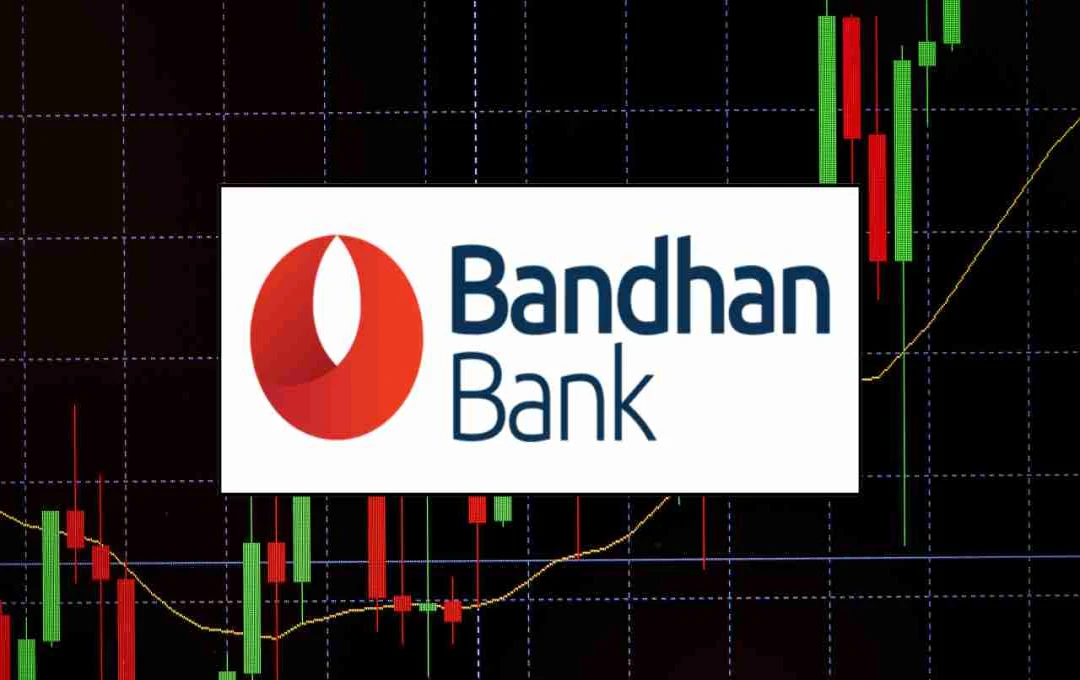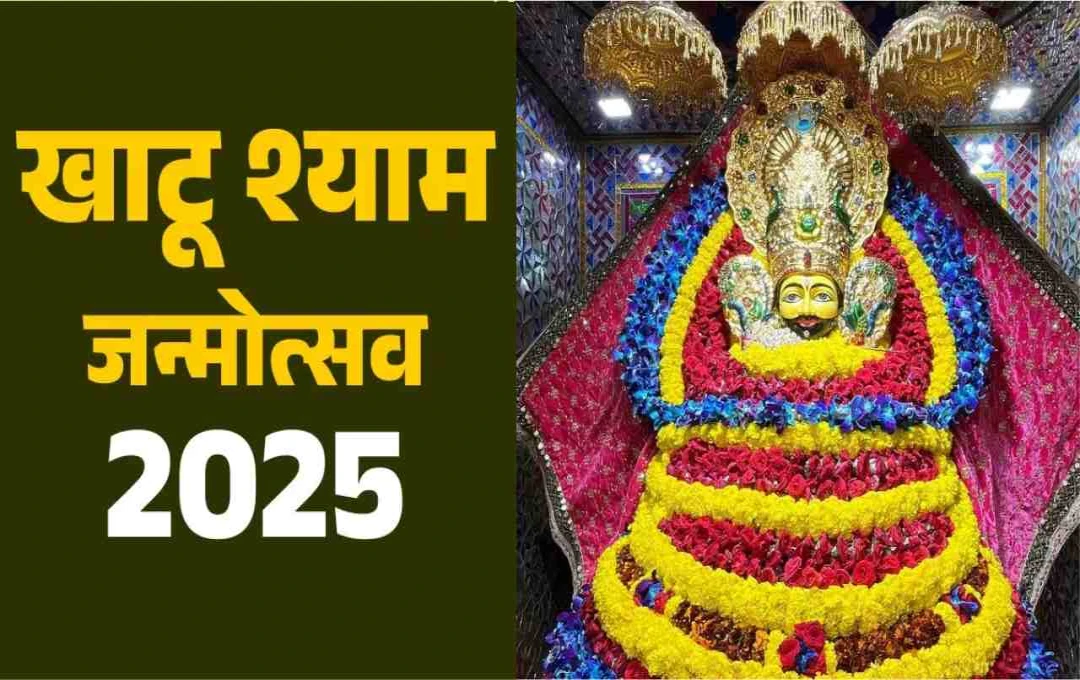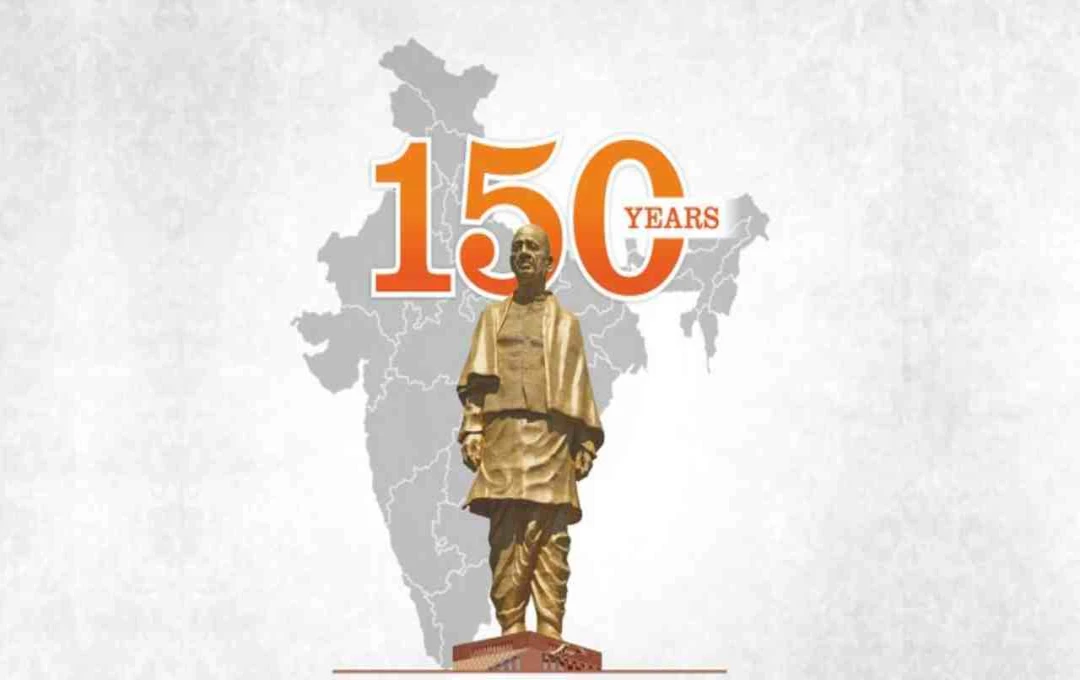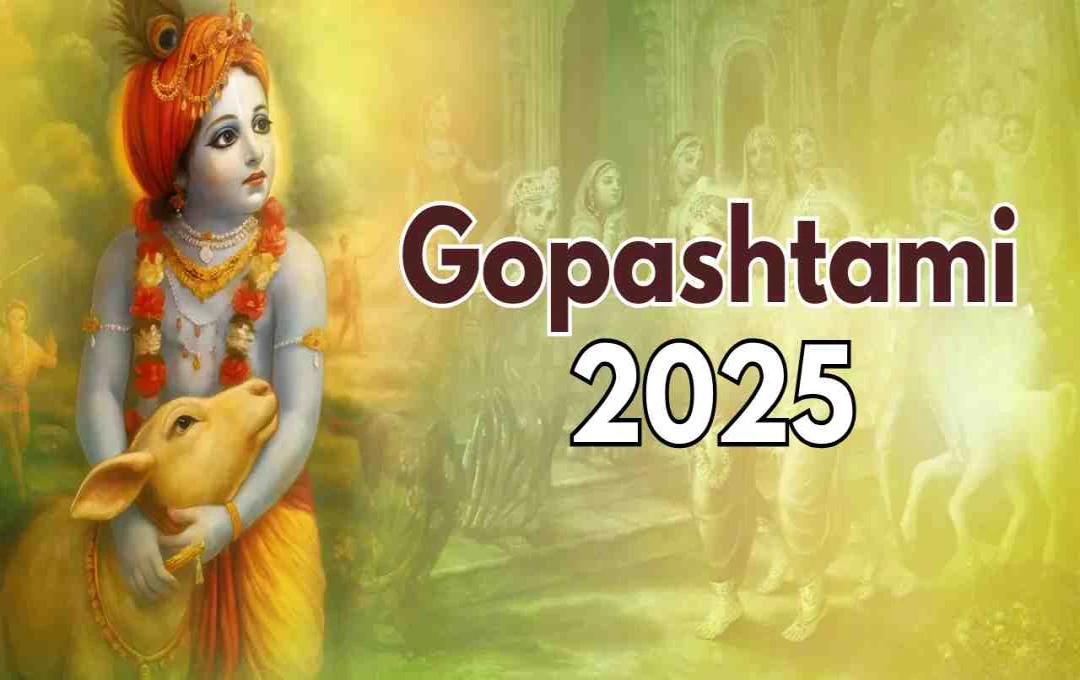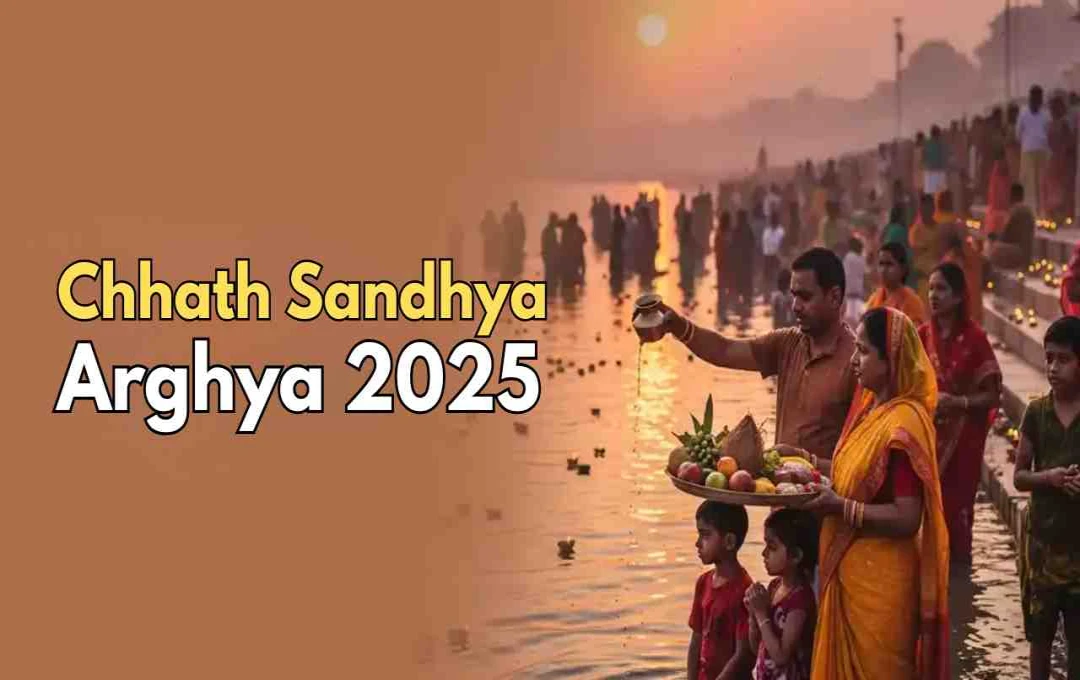The Income Tax Department has made a significant change for content creators and digital influencers who earn money from social media. Those filing ITR for the financial year 2024-25 (Assessment Year 2025-26) will now have to register their professional identity under a specific code. The government has included a new code, 16021, in ITR-3 and ITR-4 (Sugam) forms, which will be specifically applicable to social media professionals.
Crackdown on the Growing Size of the Digital Economy
The number of people earning money by creating content on digital platforms has increased rapidly in the last few years. Thousands of people associated with Instagram, YouTube, Facebook, Twitter, and other social platforms are now earning lakhs of rupees every month through promotional videos, product reviews, and brand endorsements. Considering this trend, the Income Tax Department has implemented a new code to identify and track income related to the digital profession.
Separate Option Now Available in ITR-3 and ITR-4 Forms
According to chartered accountants, this new code has now been activated under the 'Profession' category in ITR-3 and ITR-4 forms. This code is available in both online and offline modes. This means that social media professionals will now have to choose one of these two forms according to their income.
Who Needs Code 16021?
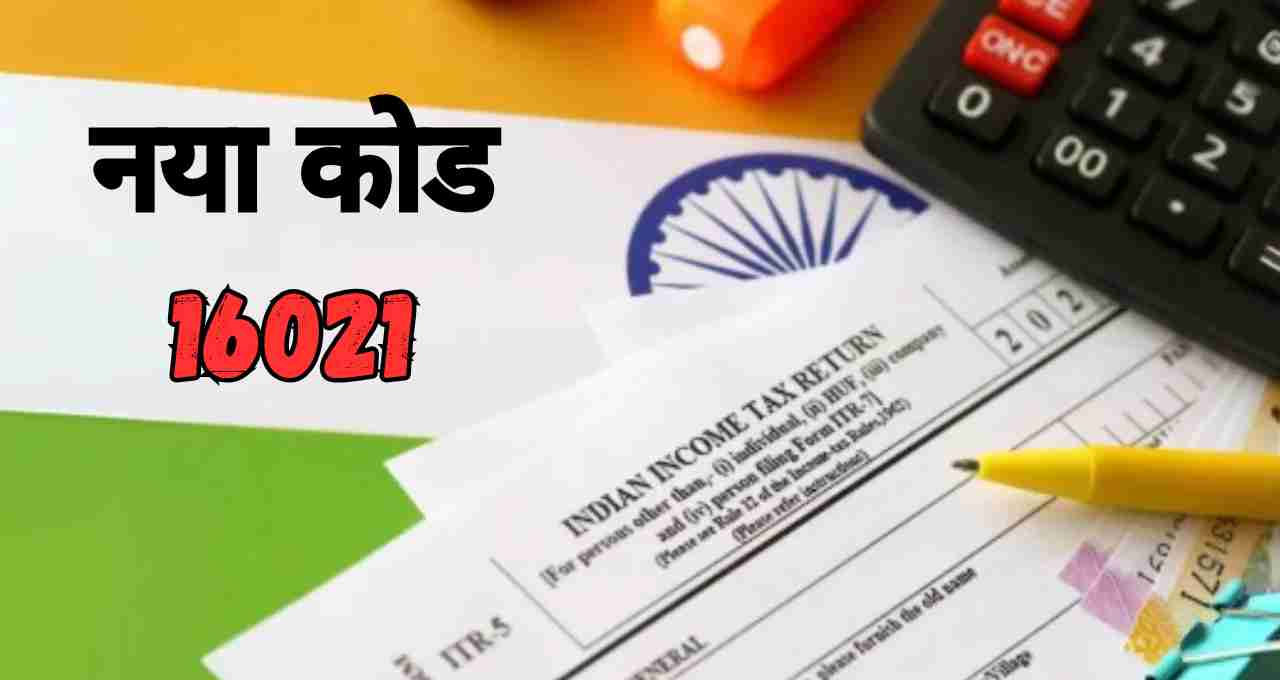
The new code 16021 is for all digital workers, influencers, creators, online coaches, bloggers, and brand promoters who earn income from social media or any online content platform. Until now, all these people used to show their income in the 'Others' category in the ITR form. But now they will have to directly register their income under professional code 16021.
Which Form to Choose
ITR-3 form is for those whose income is from profession or business and whose income also comes from salary, house property or any other source.
ITR-4 form (Sugam) is for those who opt for the presumptive tax scheme, i.e., pay tax based on estimated income. If a creator's annual income is up to ₹50 lakh and he chooses the simple tax option, he can file ITR-4.
Benefit of Section 44ADA May Also Be Available
For many content creators, Section 44ADA may also be an option, which offers the option of presumptive taxation. If a professional's total gross receipts are up to ₹50 lakh and his cash receipts are less than 5 percent of the total, then he can pay tax under this section. At the same time, this limit has been increased to ₹75 lakh for those making digital payments.
AIS and 26AS Matching Necessary
With the implementation of the new code, it has become necessary for creators to check their Annual Information Statement (AIS) and Form 26AS. It contains all information related to banking, TDS, and digital payments. The department will check through these two documents whether there is any difference between your declared income and actual income.
Reports Reveal, Social Media Professionals Are Earning Crores
According to a report, the number of social media influencers in India has crossed 2 crore. A large number of these are young people who are earning lakhs of rupees every month from YouTube channels, Instagram reels, online courses, and digital blogs. The annual income of some star influencers is in crores. Considering this, the government has started a separate code to strengthen the tax compliance process.
Tax Evasion Will Be Curtailed, Department Will Get Accurate Information

Earlier, influencers used to show themselves in the category of business or other profession while filing tax returns, due to which it became difficult for the department to estimate their real income. With the implementation of the new code, the department will clearly know which taxpayer is earning from which platform, and how much.
New Codes Also Included for These Categories
The government has included new codes not only for content creators, but also for categories related to other digital or financial professions:
- Social Media Influencers – 16021
- Futures and Options Trader (F&O) – 21010
- Stock Trading (Share Purchase-Sale) – 21011
- Speculation and Gambling Business – 21009
- Commission Agent – 09029
The purpose of these codes is to register the income of every professional in his real category and to expand the tax base.
Tax Rules Are Also Changing in the Era of Digital Earnings
This change for those earning from digital platforms is an indication that the tax system is now moving beyond the traditional structure. Income related to fields like content creation, digital marketing, and online education will now be directly monitored.


